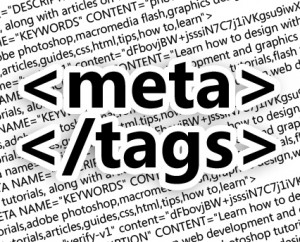While it is obvious that the priority during this pandemic is to cure the sick, to prevent new cases from surfacing and to ensure there are economic and social measures in place to help the people and businesses most afflicted overcome the current situation; without a doubt, in the near future, the analysis of content related to the coronavirus that has been generated by the media and social network users will be the object of research for numerous disciplines such as sociology, philology, linguistics, audio-visual communication, and politics, to name a few.
At MeaningCloud we want to do our bit in this area, by applying our experience and our Text Analytics solutions to analyze the enormous volume of information in natural language, in Spanish and in other languages, in Spain and in other countries, given that, unfortunately, this is a global crisis.
This first article in the series centers on the thematic analysis of content that has been generated in Spanish by digital media platforms in Spain over the last month, how it has evolved during this period of time and the informative positioning of the main media platforms in Spain.
These other articles (only available, at the moment, in Spanish) analyse conversation topics on Twitter in Spain (both from the hashtags and general topics perspective and also applying a specific thematic categorization) and the linguistic analysis of presidential speeches related to this crisis.


 The reason? Text. And a lot of it. The publishing world has struggled to understand how data relates to text and understand the value of data. This is changing, too slow for many, as the industry moves from seeing themselves as a ‘product’ based company (e.g. making books, e-books or physical) to a ‘service’ based company. In other words smart publishers are starting to see their service to customers as the creator and curator of information. This content is abled to be mixed and mashed-up in dynamic ways across a number of formats. This service is not bound, saddle-stitch or otherwise, to a specific product. This 180-degree perspective change requires publishers to think more directly about customer experience in the same way more traditional service based industries like hospitality or even retail banking.
The reason? Text. And a lot of it. The publishing world has struggled to understand how data relates to text and understand the value of data. This is changing, too slow for many, as the industry moves from seeing themselves as a ‘product’ based company (e.g. making books, e-books or physical) to a ‘service’ based company. In other words smart publishers are starting to see their service to customers as the creator and curator of information. This content is abled to be mixed and mashed-up in dynamic ways across a number of formats. This service is not bound, saddle-stitch or otherwise, to a specific product. This 180-degree perspective change requires publishers to think more directly about customer experience in the same way more traditional service based industries like hospitality or even retail banking.





